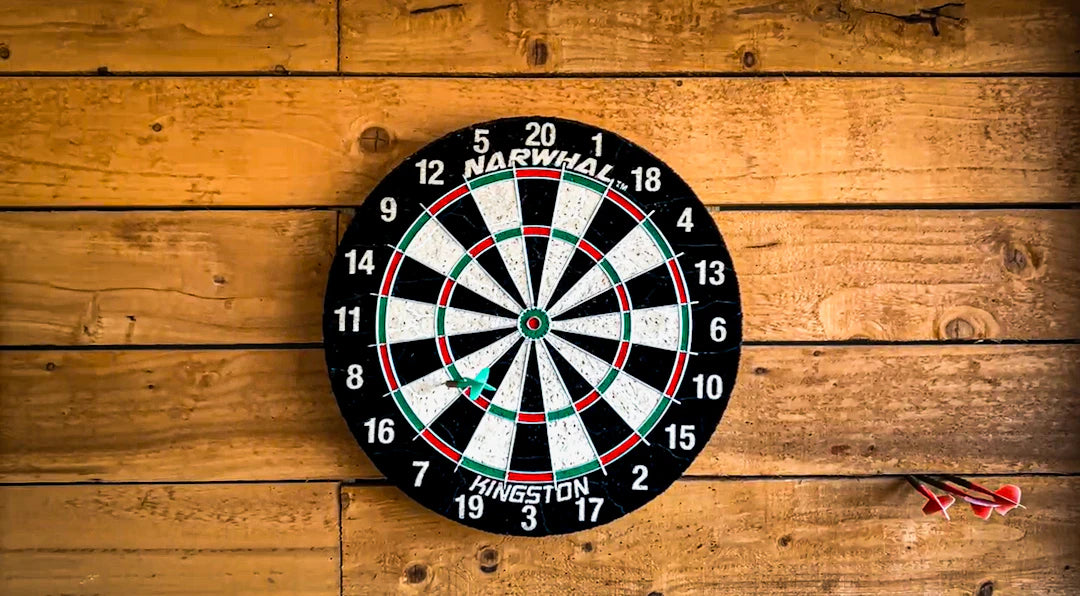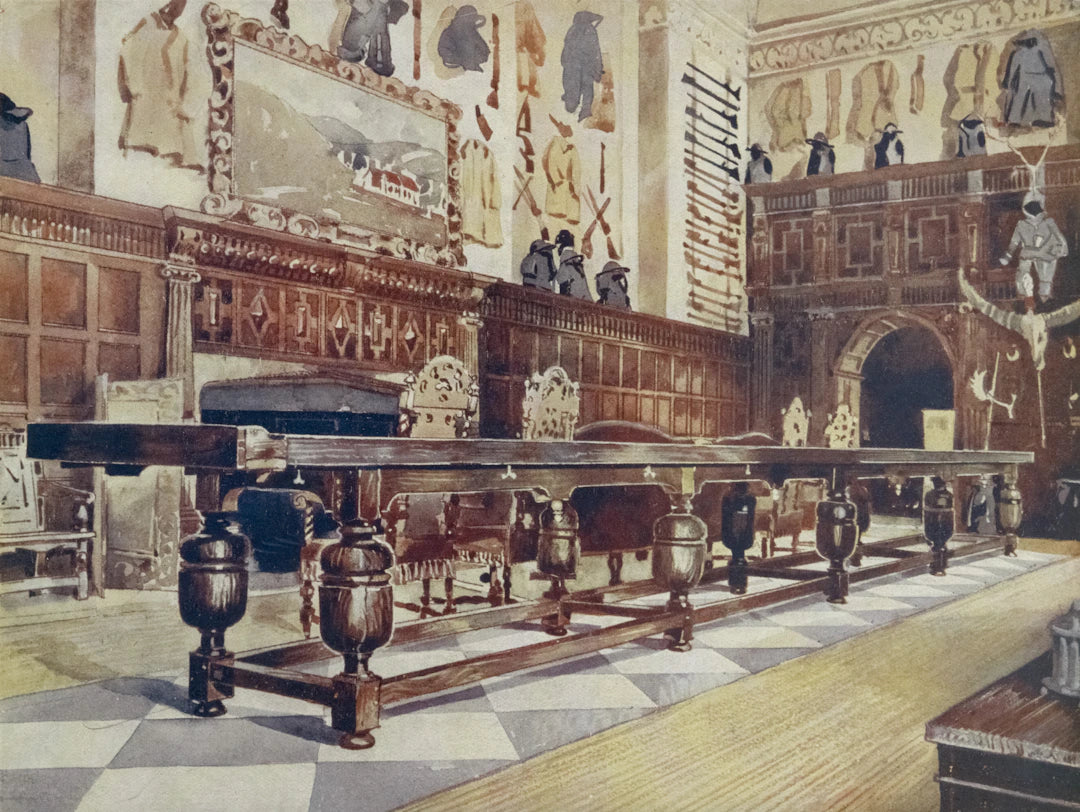Overview
Darts has evolved from a backyard game in late 19th-century England to a globally recognized competitive sport. Key developments include the establishment of standardized rules, the golden age of televised tournaments in the 1970s and 80s, and the emergence of professional organizations like the PDC. Today, darts thrives on both competitive and community levels, with a bright future ahead driven by technology, globalization, and youth engagement.
Frequently Asked Questions
1. What are the origins of darts?
2. How did darts become a competitive sport?
3. What factors contributed to the golden age of darts?
4. How has technology impacted modern darts?
5. What does the future hold for darts?
Darts, a game once played in backyards and local pubs, has transformed into a competitive sport with a dedicated following worldwide. The evolution of darts is a story filled with tradition, competition, and community spirit. This article delves into the rich history of darts as a competitive sport, its evolution over the decades, and enduring legacy that continues to thrive today.
The Origins of Darts
The game's roots can be traced back to the late 19th century in England. While its exact origins are somewhat murky, it is widely believed that darts evolved from a game played with a crossbow during medieval times. In those days, players would throw short, pointed arrows at a target, which eventually transitioned into the use of wooden darts.
Early Development
By the late 1800s, darts had settled into a more recognizable format. Shooters began using scaled-down arrows with feather flights, resembling the darts we know today. English pubs embraced this new leisure activity, and it quickly became popular among patrons as a way to socialize and compete.
Formalizing the Rules
The need for standardized rules led to the formation of organizations dedicated to the game. In 1908, the National Darts Association was established, leading to the first official darts competition, the World Professional Darts Championship, in 1978. The establishment of rules was crucial for the sport’s credibility, paving the way for its growth into a reputable competitive pastime.
The Golden Age of Darts
The 1970s and 1980s are often referred to as the golden age of darts. During this period, the sport gained immense popularity due to several key factors:
- Television Exposure: The introduction of televised darts tournaments brought the game into the homes of millions, enhancing its visibility and appeal.
- Iconic Players: Charismatic players like Eric Bristow and Jocky Wilson became superstars, inspiring new generations of players to take up the sport.
- Increased Sponsorship: Corporate sponsorships began flowing into the sport, which helped raise prize money and professionalize the competitions.
Televised Tournaments
Television broadcasts of darts tournaments greatly increased the sport's viewership. Networks like the BBC and Sky Sports dedicated airtime to showcase events, making it a household name. The launch of the British Darts Organisation (BDO) added structure to competitive play and allowed for more organized championships.
The Emergence of the PDC
The Professional Darts Corporation (PDC) was formed in 1992 by a group of players who wanted to make the sport more lucrative and appealing. This move split the darts community but also created greater competition for players, leading to enhanced skill levels and more dynamic events.
The International Expansion of Darts
As the sport continued to grow in the UK, its reach expanded internationally. The 1990s and early 2000s saw darts spreading to various countries such as the Netherlands, Germany, and Australia. Each new market contributed its unique flair, leading to a rich tapestry of styles and techniques in the sport.
Darts in Europe
In Europe, nations like the Netherlands became powerhouses in darts, producing legendary players like Raymond van Barneveld. The competitive spirit of these players brought new tactics and gameplay styles to international competitions, raising the overall standard of play.
The Rise of Women's Darts
Women's darts also saw significant growth during this period. The introduction of women-only tournaments and leagues provided a platform for female athletes to excel. Players like Trina Gulliver and Lisa Ashton began breaking records and making remarkable contributions to the sport.
The Modern Landscape of Darts
Today, darts has come a long way from its humble beginnings. The sport features elaborate venues, with top competitions drawing large crowds and significant sponsorship deals. The PDC World Championship and the BDO World Championship remain prestigious events, showcasing the best talents in the sport.
Global Championships and Formats
Global competitions have multiple formats designed to test players' accuracy and strategy. From the best-of-five leg formats to the highly competitive knockout stages, each game is a thrilling opportunity for players to showcase their skill.
Technological Impacts
The rise of technology has also had a profound effect on darts. Players now have access to advanced training tools, detailed statistics, and performance analysis. This wealth of data allows them to refine their techniques and improve their games, contributing to the elite-level competition seen today.
Darts as a Community Sport
While competitive darts has undoubtedly taken the spotlight, the game remains a community-centered activity. Local leagues, pub nights, and charity events keep the spirit of darts alive at the grassroots level, encouraging players of all ages and skill levels to participate.
Grassroots Development
Many organizations focus on youth engagement and promoting darts among younger audiences. School programs and youth leagues offer kids the chance to learn the game, fostering a new generation of players while instilling values such as sportsmanship and discipline.
Community Tournaments
Community tournaments provide opportunities for casual players to take part in friendly competitions. Such events promote camaraderie and a sense of belonging, turning casual players into lifelong enthusiasts of the sport.
What Lies Ahead for Darts?
The future of darts is undoubtedly bright. With its established roots and expanding fanbase, the sport is poised for continued growth and innovation. The following trends are likely to shape the future of darts:
- Esports Integration: The rise of digital gaming platforms may bring darts into the world of esports, attracting a younger audience and offering new ways to engage with the sport.
- Advanced Analytics: As technology advances, detailed analytics will help players gain even more insights into their performance, leading to a better understanding of the game’s nuances.
- Globalization: The continued interest in darts from countries outside of the UK will enhance the sport's diversity and competitiveness, leading to exciting new rivalries and competitions.
No Signs of Slowing Down!
The evolution of darts from a pub game to a competitive sport reflects its adaptability and enduring appeal. With a rich history shaped by passionate players and supportive communities, darts offers a thrilling mix of competition and camaraderie. Enthusiasts and newcomers alike can take inspiration from its journey and look forward to a promising future filled with excitement and opportunities.
No matter where you are in your darts journey, embrace the spirit of the game, whether on a competitive stage or enjoying a casual evening with friends. After all, darts is more than just a sport; it’s a connection that brings people together, creating lasting memories one throw at a time.



